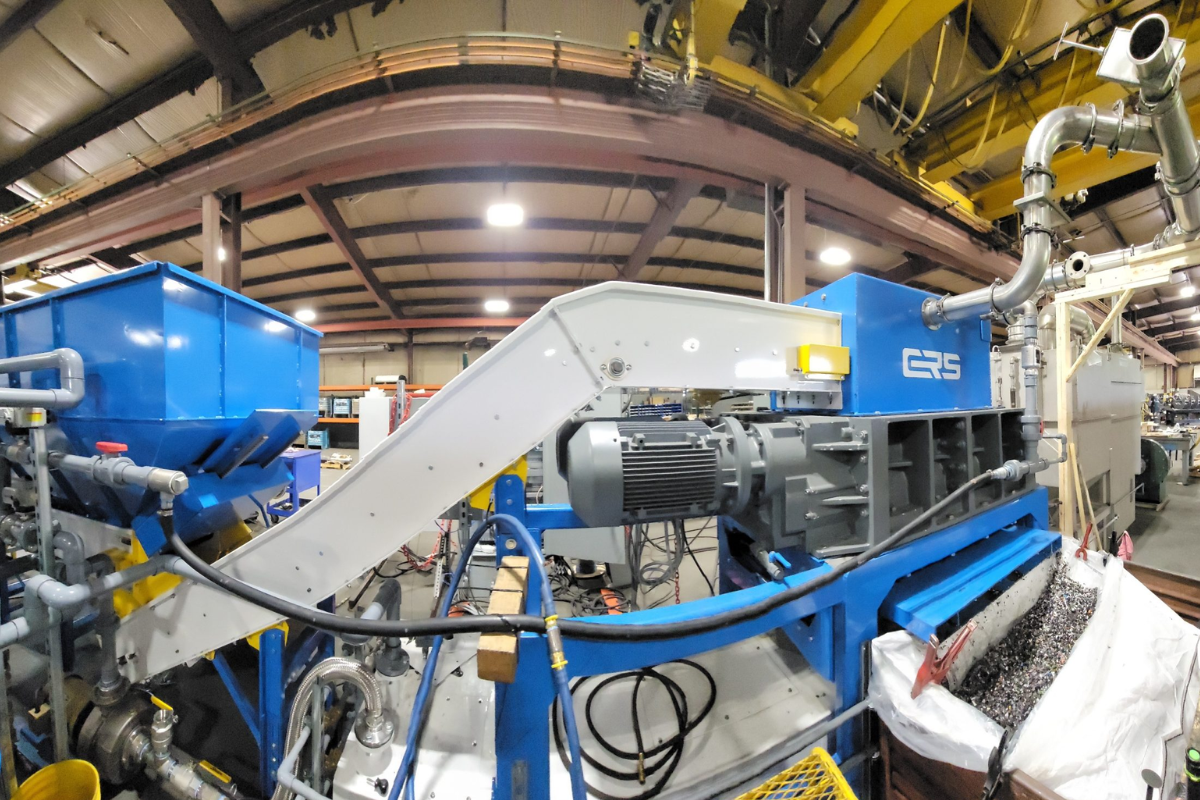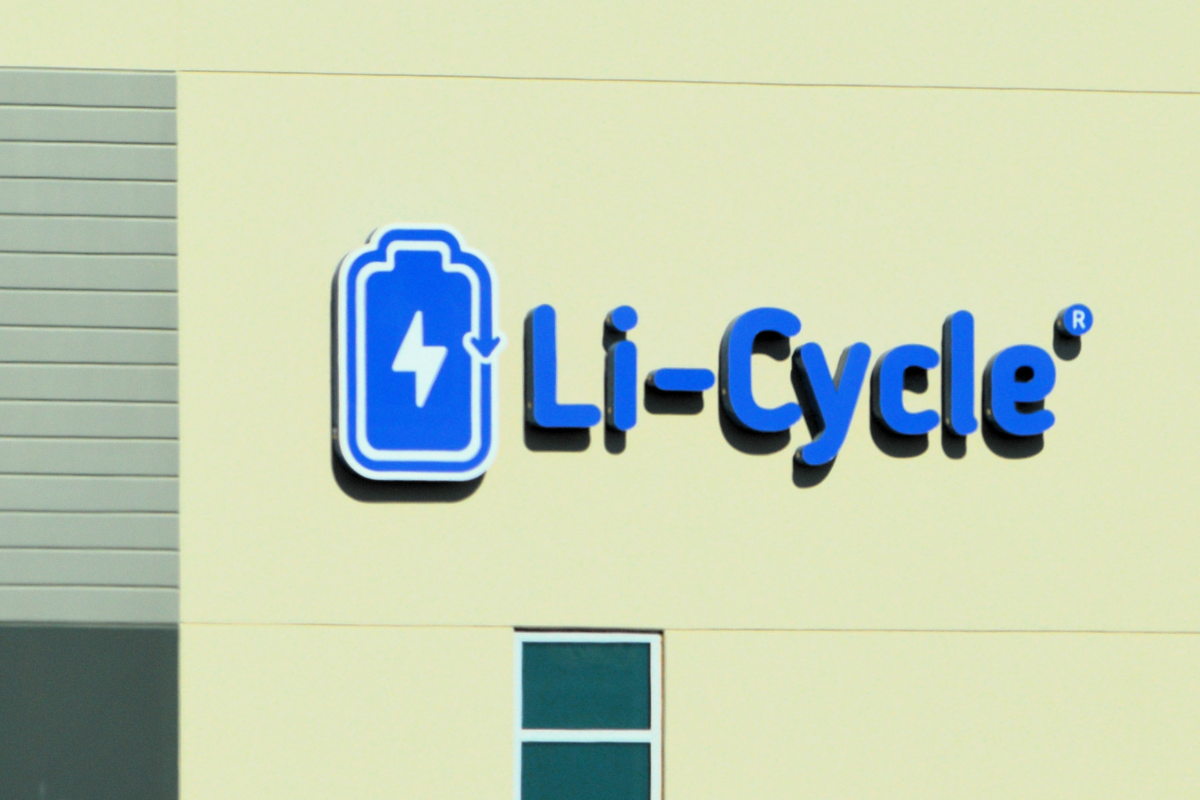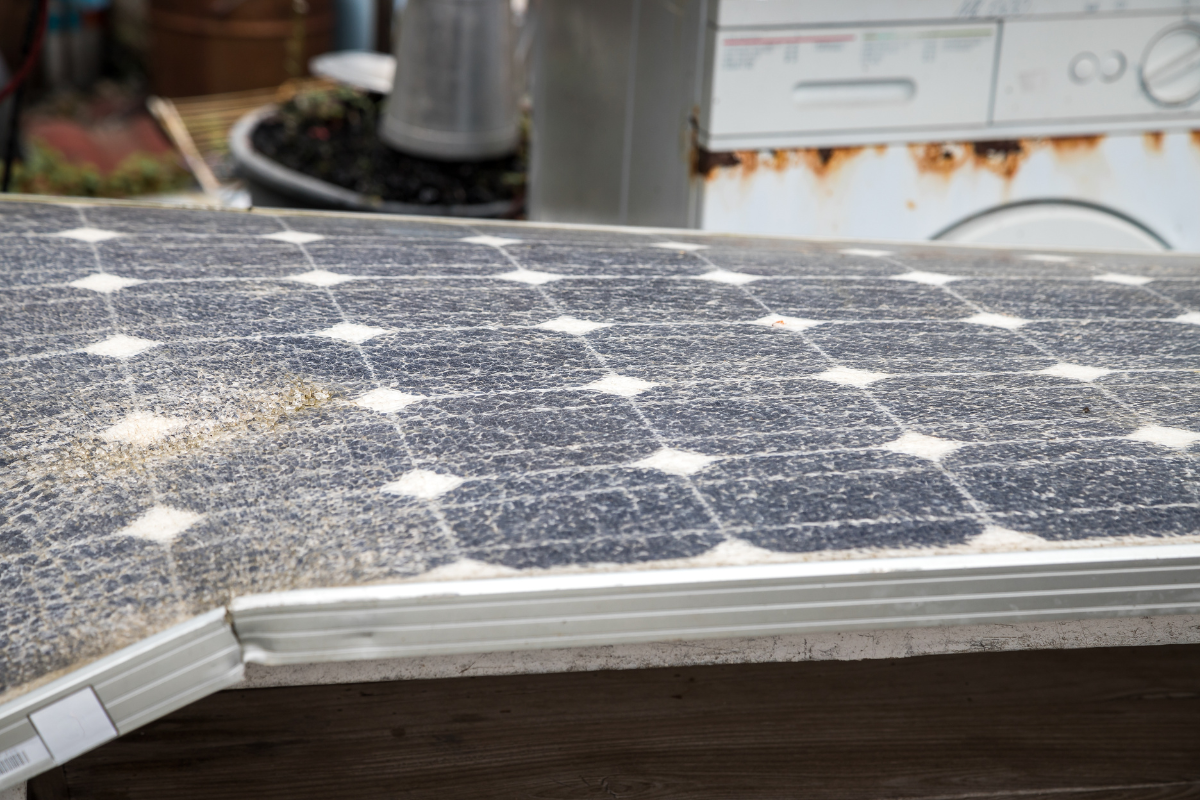
The first-of-its-kind BIDS unit processes electronics up to laptop size and can safely handle lithium-ion batteries. | Photo courtesy Jeff Gloyd.
Seeing the lack of smaller-scale systems suited for processing small personal devices containing lithium-ion batteries, Houston-based Gloyd Recycling Solutions developed what it says is the first marketed device to shred battery-containing devices of laptop size and smaller. Continue Reading








